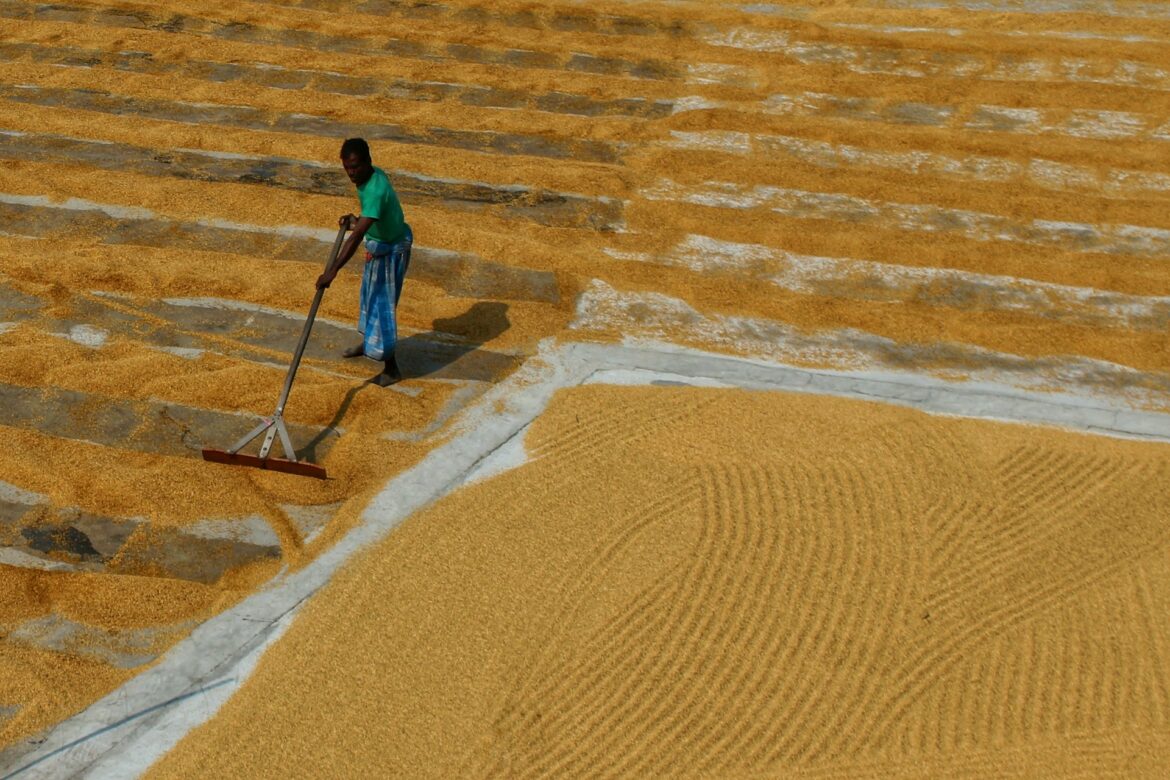The Bangladesh Food Directorate has announced a major international tender to secure 50,000 tons of quality milling wheat as part of the country’s ongoing efforts to strengthen food security for its growing population. The request is for wheat that has 11.5% protein, and it must be delivered to important ports such as Chittagong and Mongla. This procurement initiative represents Bangladesh’s proactive approach to managing food supplies in an increasingly complex global market. The government regularly conducts these international tenders to ensure adequate wheat reserves throughout the year, helping to stabilize prices and maintain steady availability of essential food products for families across the nation. The tender is scheduled for February 19, allowing international suppliers from around the world to compete for the contract. This competitive process typically results in better pricing and quality for the wheat being purchased, ultimately benefiting both the government and consumers who rely on wheat-based products like bread, flour, and other staple foods. The wheat procurement process involves rigorous quality standards to ensure the grain meets Bangladesh’s nutritional and safety requirements. Officials work closely with international inspectors to verify that shipments contain the specified protein levels and are free from harmful substances. This careful attention to quality helps protect public health while ensuring the wheat can be processed into nutritious food products. Bangladesh’s wheat imports play a vital role in supporting the country’s food processing industry. Local flour mills, bakeries, and food manufacturers depend on consistent wheat supplies to operate their businesses and provide employment opportunities. When wheat is available at stable prices, these companies can plan more effectively and contribute to economic growth in their communities. The timing of this tender reflects Bangladesh’s strategic planning approach to food security. By purchasing wheat during favorable market conditions, the government can build reserves that will help weather seasonal changes and global market fluctuations. This forward-thinking strategy helps protect the country from food price volatility that has affected many nations in recent years. The procurement effort also demonstrates how international trade partnerships can help developing countries meet their citizens’ basic needs. Through these commercial relationships, Bangladesh can access high-quality wheat from global suppliers while supporting its domestic food security objectives. As global food challenges continue to evolve, Bangladesh’s systematic approach to wheat procurement serves as a model for other developing nations seeking to strengthen their food security systems. The country’s commitment to regular, quality-focused wheat imports helps ensure that essential food supplies remain accessible and affordable for all citizens, contributing to overall stability and prosperity.
Bangladesh Launches Strategic Wheat Import Drive to Secure Food Supplies
49


